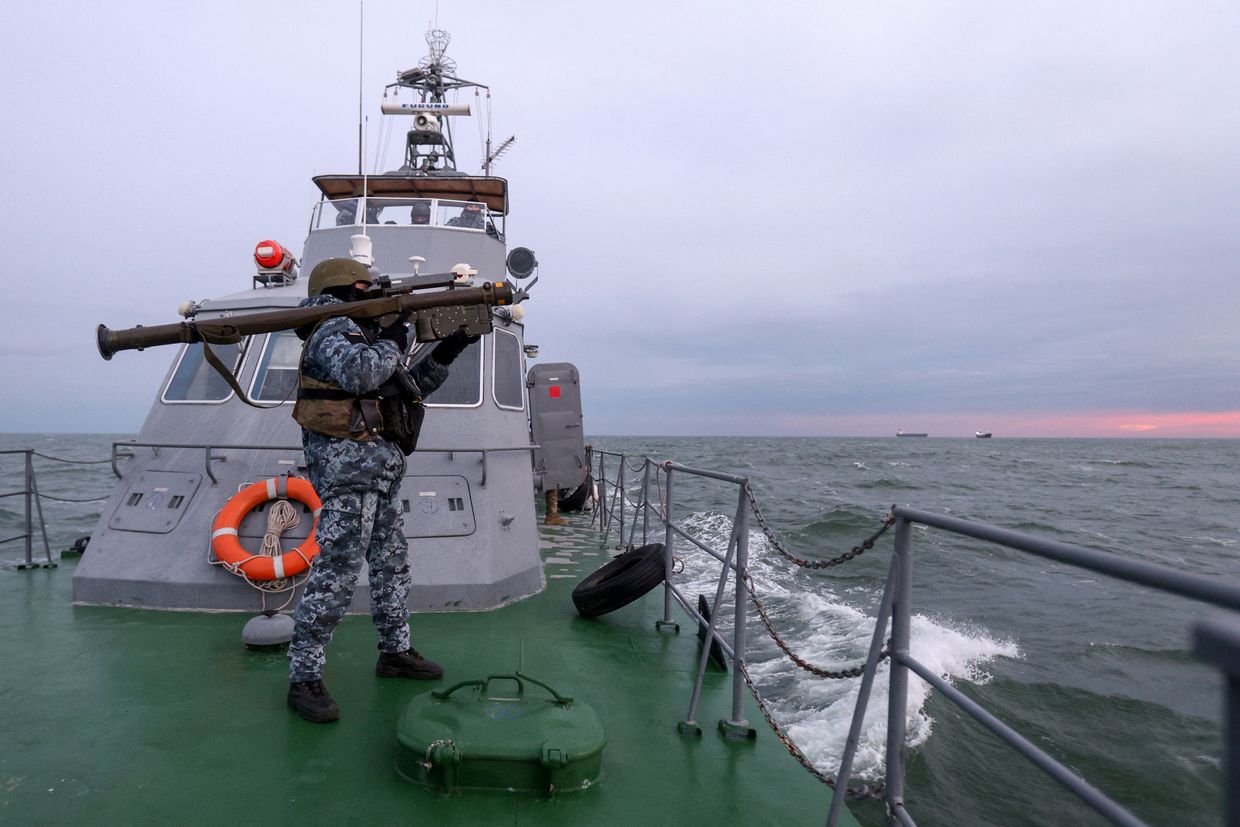Trump's envoy draws criticism after saying nuclear arms in Ukraine were 'Russia's'

U.S. President Donald Trump's Special Envoy Richard Grenell said on March 25 that the Soviet-era nuclear arsenal stationed in Ukraine after the Soviet Union's collapse belonged to Russia, calling it an "uncomfortable fact."
"Let’s be clear about the Budapest Memorandum: the nukes were Russia’s and were leftovers," Grenell said on X.
Ukraine agreed to relinquish its nuclear arms after signing the 1994 Budapest Memorandum, which also saw the country join the Treaty on the Non-Proliferation of Nuclear Weapons.
In exchange, Kyiv received security assurances from major powers, including the U.S., the U.K., and Russia. These guarantees failed to prevent Moscow's aggression in 2014 in Crimea and Donbas and the full-scale invasion of Ukraine in 2022.
"Ukraine gave the nukes back to Russia. They weren’t Ukraine’s. This is an uncomfortable fact," Grenell said.
Responding to Trump's envoy, former U.S. Ambassador to Ukraine Steven Pifer said that "Grenell is flat wrong."
"I helped negotiate Budapest Memorandum... Nuclear warheads in Ukraine were ex-Soviet, not Russian."
Stored warheads were in sole Ukrainian custody, while intercontinental ballistic missiles and bomber planes were eliminated, except for those sent to Russia for "debt relief," the former ambassador said.
Pifer reinforced his point by saying that conventional weapons capabilities left in Ukraine after the Soviet Union fell apart, including tanks, artillery, and warplanes, also belonged to Kyiv rather than Moscow.
"They were Soviet, you ignorant a** helmet. So they were as equally Ukraine's as Russia's. This is day one knowledge," said former Congressman Adam Kinziger, who has been a vocal supporter of Ukraine during the full-scale war.
Grenell's comments also found support. Mike Lee, a Republican senator who strongly opposed support for Kyiv and called for a U.S. exit from NATO, shared the envoy's post while saying, "The nukes didn’t belong to Ukraine. And there was never a treaty binding the U.S. to the Budapest Memorandum."
The Budapest Memorandum has been sharply criticized by today's Ukrainian leadership over its lack of strong security guarantees.











